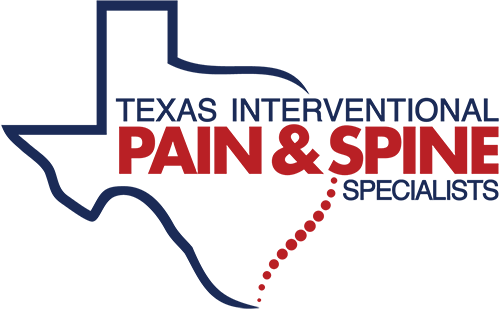Medication Management
Opioid therapy has long been a controversial treatment option for chronic pain, with both proponents and opponents arguing for its use or avoidance. On one hand, opioids have been shown to be effective at reducing pain in some individuals with chronic pain conditions. However, on the other hand, there is a risk of abuse and addiction associated with the use of these medications, which has led to widespread concerns about their safety and appropriateness as a treatment option.
Chronic pain is defined as pain that persists for more than three months and is often resistant to treatment. It can be caused by a variety of conditions, including arthritis, nerve damage, and fibromyalgia, and can significantly impact a person’s quality of life. In some cases, chronic pain can be managed with non-pharmacological treatments such as physical therapy, acupuncture, and chiropractic care, but in other cases, more potent pain relief may be necessary.
Opioids are a class of drugs that act on the central nervous system to reduce the perception of pain. They are often used for the treatment of acute pain, such as pain following surgery, but they have also been used to treat chronic pain. Common opioids include morphine, oxycodone, and hydrocodone.


The use of opioids for chronic pain has been the subject of much debate in recent years. Proponents argue that opioids can provide significant relief for individuals with chronic pain who have not responded to other treatments. They also argue that when used correctly, the risk of addiction is low. However, opponents argue that the risk of abuse and addiction is too high, and that there are safer and more effective alternatives to opioid therapy.
One of the main concerns surrounding the use of opioids for chronic pain is the risk of addiction. Opioids work by binding to opioid receptors in the brain and activating the reward system, which can lead to feelings of pleasure and well-being. This can lead to a cycle of increasing doses and dependence on the medication. In addition, long-term use of opioids can lead to tolerance, meaning that higher and higher doses are needed to achieve the same level of pain relief.
Another concern is the risk of overdose. Opioids can slow down breathing and heart rate, and in high doses, they can be fatal. In the United States, opioid overdose is a leading cause of accidental death, and the number of overdose deaths has been increasing in recent years.
There are also concerns about the effectiveness of opioids for chronic pain. Some studies have found that opioids are no more effective at reducing chronic pain than non-opioid medications or non-pharmacological treatments. In addition, the benefits of long-term opioid therapy for chronic pain may be limited and may not outweigh the risks.
Despite these concerns, there is still a place for opioid therapy in the treatment of chronic pain. For individuals with severe chronic pain who have not responded to other treatments, opioids may provide relief and improve quality of life. However, it is important that opioid therapy be used cautiously and only after a thorough assessment of the potential risks and benefits.
In conclusion, opioid therapy is a controversial treatment option for chronic pain. While it can provide relief for some individuals, there is a risk of abuse and addiction, as well as concerns about its effectiveness and safety. It is important that the decision to use opioid therapy be made carefully and only after a thorough evaluation of the risks and benefits.
Ready to Live Pain Free?
If you are interested in an ethical, personal and individualized approach to pain treatment, then we are here to help. Please give our office a call at (361) 360-3264. We look forward to helping you restore a more active, joyful and pain free life!
